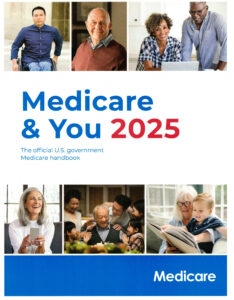Hopewell Economics has been honored as part of a team that received a gold ribbon for a research poster presented at the Association of Managed Care Pharmacy (AMCP) in Houston. There were more than 350 entries in the poster contest. Fewer than 10 percent received an award.
Titled: Claims database analysis of health care resource utilization and associated medical costs in patients with Barth syndrome in the United States the research project examined patient demographics and costs for the extremely rare Barth Syndrome.
 Barth Syndrome affects males who often fail to thrive as children and face numerous healthcare challenges as they age. Few make it past age 40. Because it is so rare, there has been little previous research into the disease costs and treatments.
Barth Syndrome affects males who often fail to thrive as children and face numerous healthcare challenges as they age. Few make it past age 40. Because it is so rare, there has been little previous research into the disease costs and treatments.
Working from several data sources, Hopewell Economics was able to constructed a better profile of patients and the numerous challenges and their medical needs. The economics research will help researchers and physicians in better identifying Barth Syndrome patients and understanding the likely disease progression.
The research was also published in a supplement to JCMP, the Journal of Managed Care and Specialty Pharmacy.
The project was conducted along with UT Health Houston, McGovern Medical School; Barth Syndrome Foundation; Akron Children’s Hospital NeuroDevelopmental Science Center; and Hopewell Economics LLC
AMCP 2025 is anticipated to attract more than 4,000 managed care decision-makers to the George R. Brown Convention Center in Houston, TX, from March 31-April 3.

 As 2025 gets under way, it might be a good time to highlight some of our 2024 success stories.
As 2025 gets under way, it might be a good time to highlight some of our 2024 success stories.
